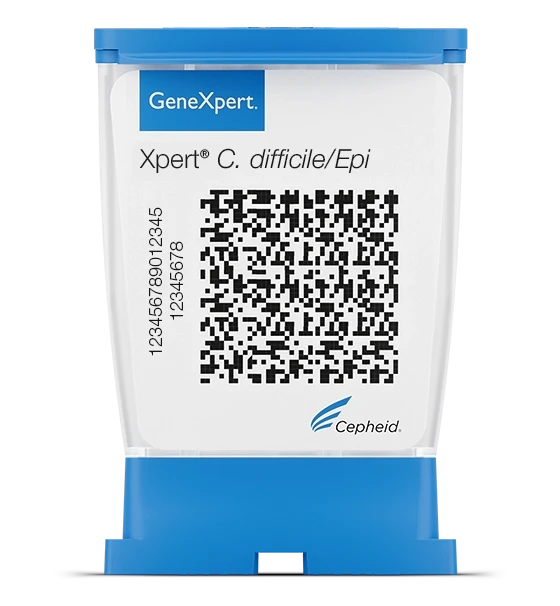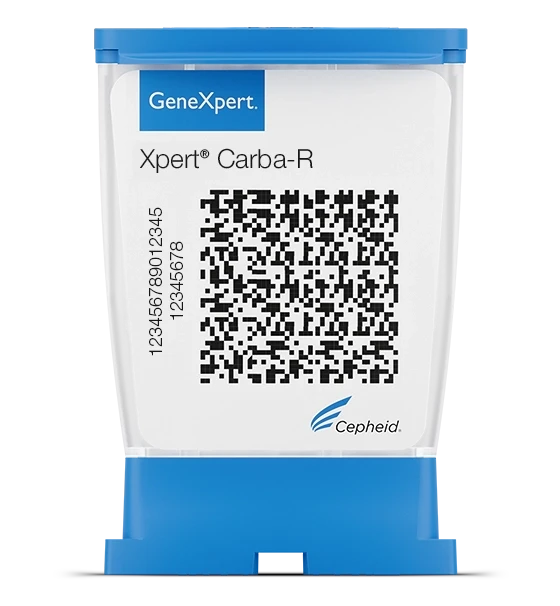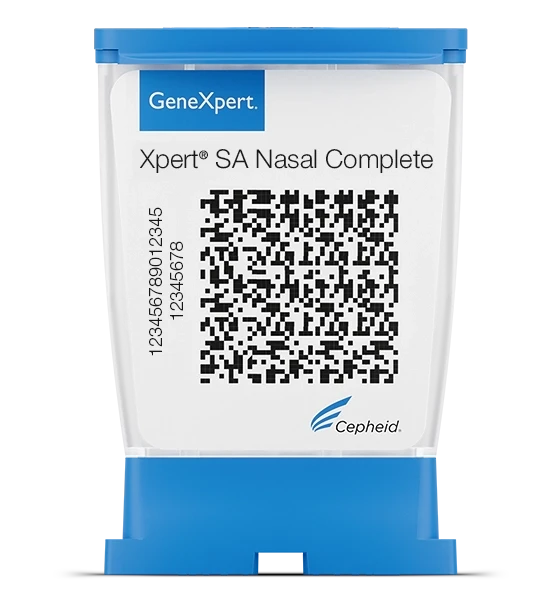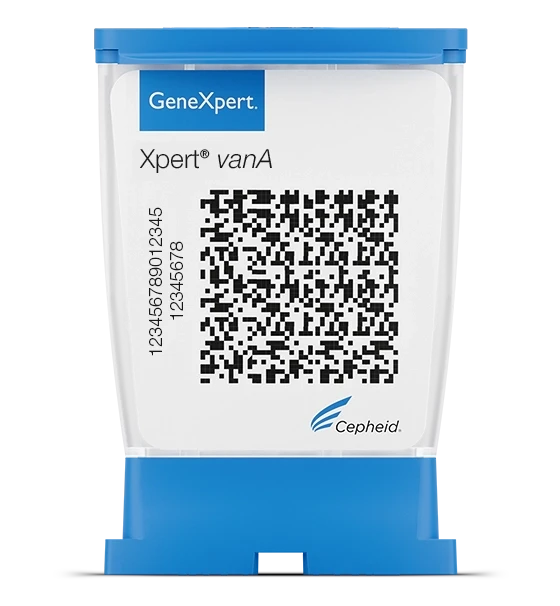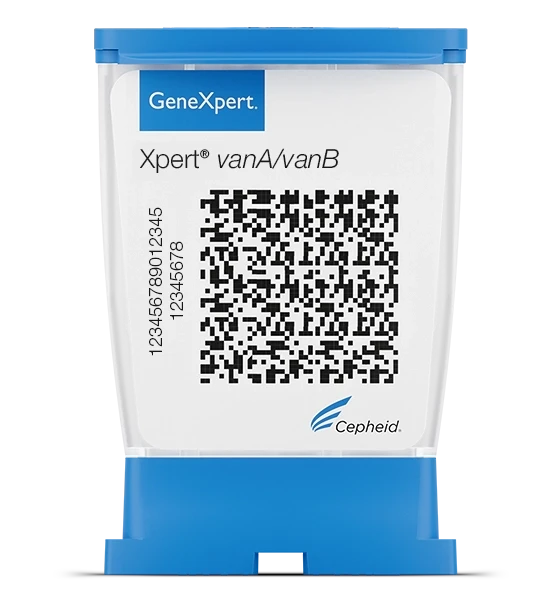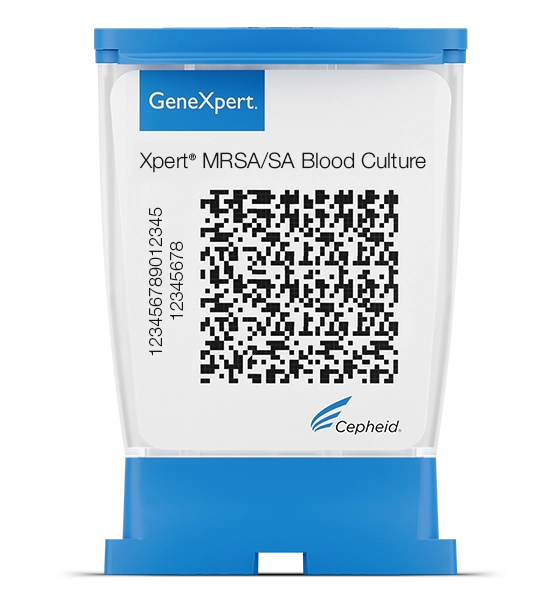

The Need
- Bloodstream infections cause an estimated 250,000 deaths annually in North America and Europe combined1
- S. aureus and MRSA continue to be leading causes of bloodstream infections and are associated with increased length of stay and hospital costs2
- Current culture-based lab testing methods for gram-positive blood culture bottles require an additional 24–72 hours for determination of S. aureus or MRSA
- Early antimicrobial treatment can reduce bloodstream infection mortality2
Diekema DJ, Hsueh PR, Mendes RE, Pfaller MA,
2 Parcel B, et al. Rapid molecular testing for Staphylococcus aureus bacteraemia improves clinical management. J Med Microbiol. 2020 Mar;.
The Solution
The Xpert MRSA/SA Blood Culture test delivers:
- Efficient laboratories with on-demand workflows that require minimal hands-on time
- Optimized therapy to support improved patient outcomes and reduced empirical prescribing
The Impact
- Reduced result reporting turnaround time median of 24 hours, enabling earlier patient management review2
- Optimized antimicrobial therapy 1.7 days sooner3
- Reduced length-of-stay mean to 6.2 days3
3 Goff D, et al. An antimicrobial stewardship program’s impact with rapid polymerase chain reaction methicillin-resistant Staphylococcus aureus/S. aureu sblood culture test in
patients with S. aureus bacteremia. Clin Infect Dis. 2010
Product Resources
Product Information
Package Inserts & MSDS
Frequently Asked Questions
The Xpert® MRSA/SA Blood Culture test, performed on the GeneXpert® systems, is a qualitative in vitro diagnostic test intended for the detection of Staphylococcus aureus (SA) and methicillin-resistant Staphylococcus aureus (MRSA) DNA directly from positive blood cultures.1
The test utilizes automated real-time polymerase chain reaction (PCR) for the amplification of MRSA/SA specific DNA targets and fluorogenic target-specific hybridization probes for the real-time detection of the amplified DNA.1
The Xpert MRSA/SA Blood Culture test is indicated for use in conjunction with other laboratory tests, such as culture, and clinical data available to the clinician as an aid in the detection of MRSA/SA from positive blood cultures. Subculturing of positive blood cultures is necessary to recover organisms for susceptibility testing or for epidemiological typing. The Cepheid Xpert MRSA/SA Blood Culture test is not intended to monitor treatment for MRSA/SA infections.1
Staphylococcus aureus (SA) is a human pathogen, which is the causative agent of a range of diseases including bacteremia, endocarditis, osteomyelitis, toxic shock syndrome, food poisoning, carbuncles, and boils.1
In the early 1950s, acquisition and spread of beta-lactamase-producing plasmids thwarted the effectiveness of penicillin for treating SA infections. In 1959, methicillin, a semi-synthetic penicillin, was introduced and, soon after, methicillin-resistant SA (MRSA) strains were identified.1
MRSA colonization increases the risk of infection, with infecting strains match colonizing strains in as many as 50–80% of cases. MRSA nasal colonization rates range from 0.9% to 1.5% in the United States2
References:
1. Xpert® MRSA/SA Blood Culture Package Insert. Accessed 9/25/2024. https://www.cepheid.com/en-CAntent/dam/www-cepheid-com/documents/package-insert-files/301-1061-mrsa-sa-bc/IFU%20MRSA.SA%20BC%20ENGLISH%20301-1061%20Rev%20F.pdf
2. Turner, N.A., Sharma-Kuinkel, B.K., Maskarinec, S.A. et al. Methicillin-resistant Staphylococcus aureus: an overview of basic and clinical research. Nat Rev Microbiol 17, 203–218 (2019). https://doi.org/10.1038/s41579-018-0147-4





